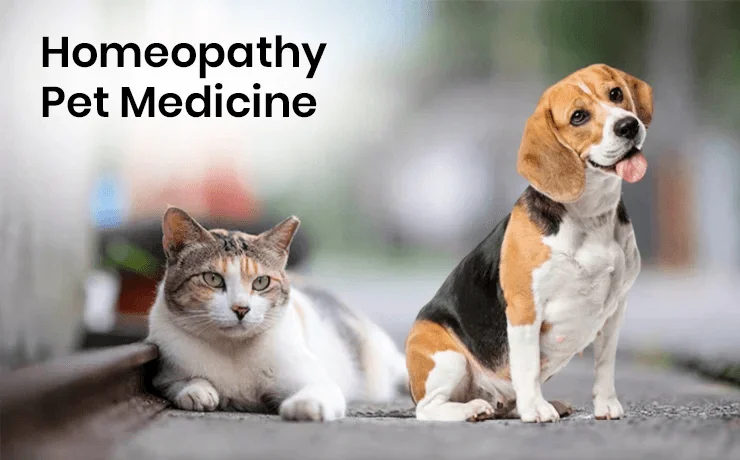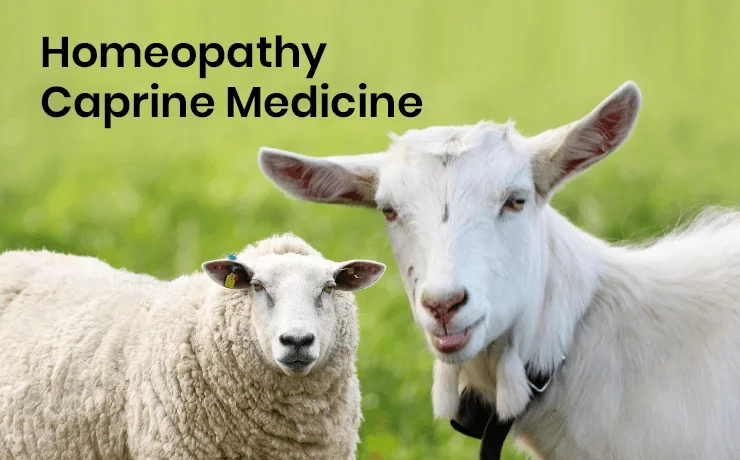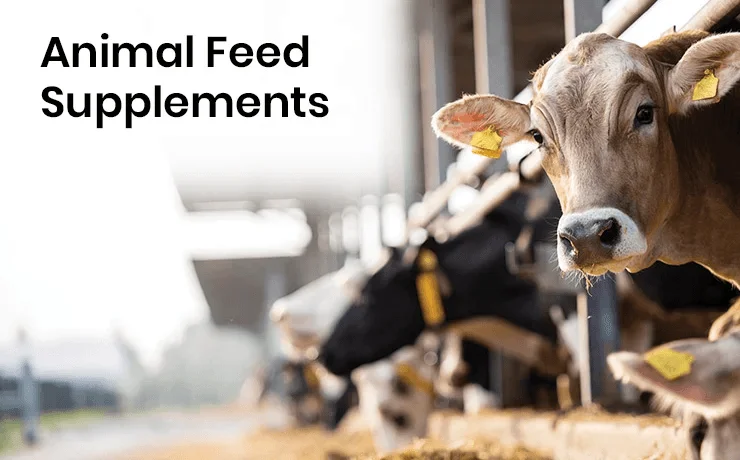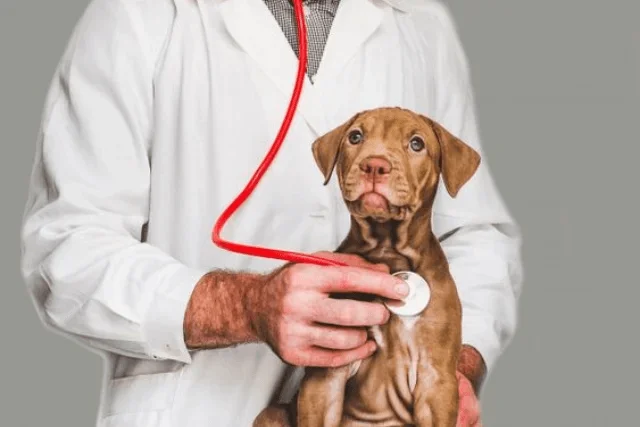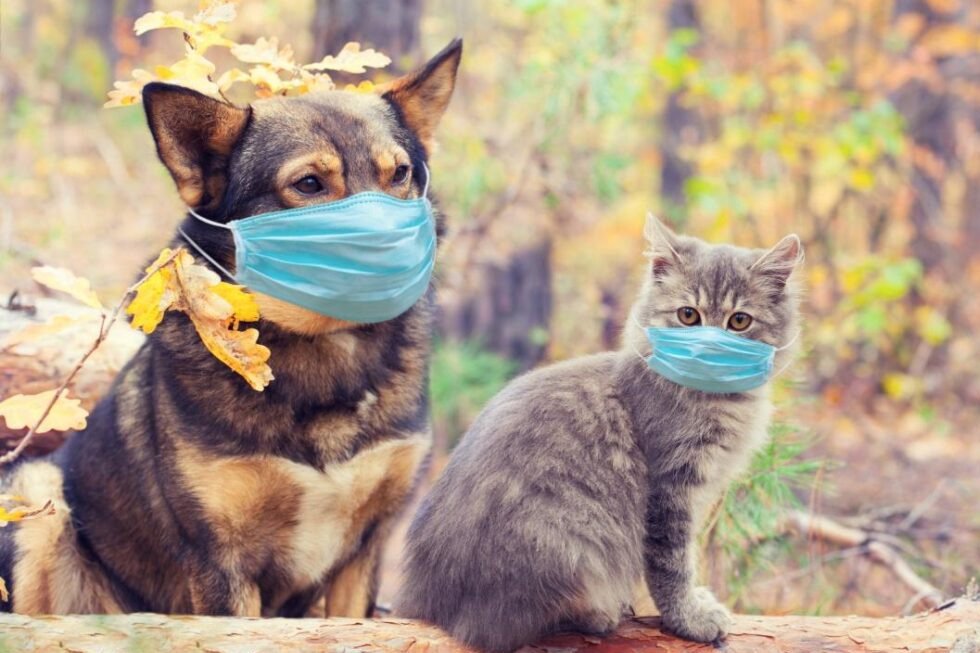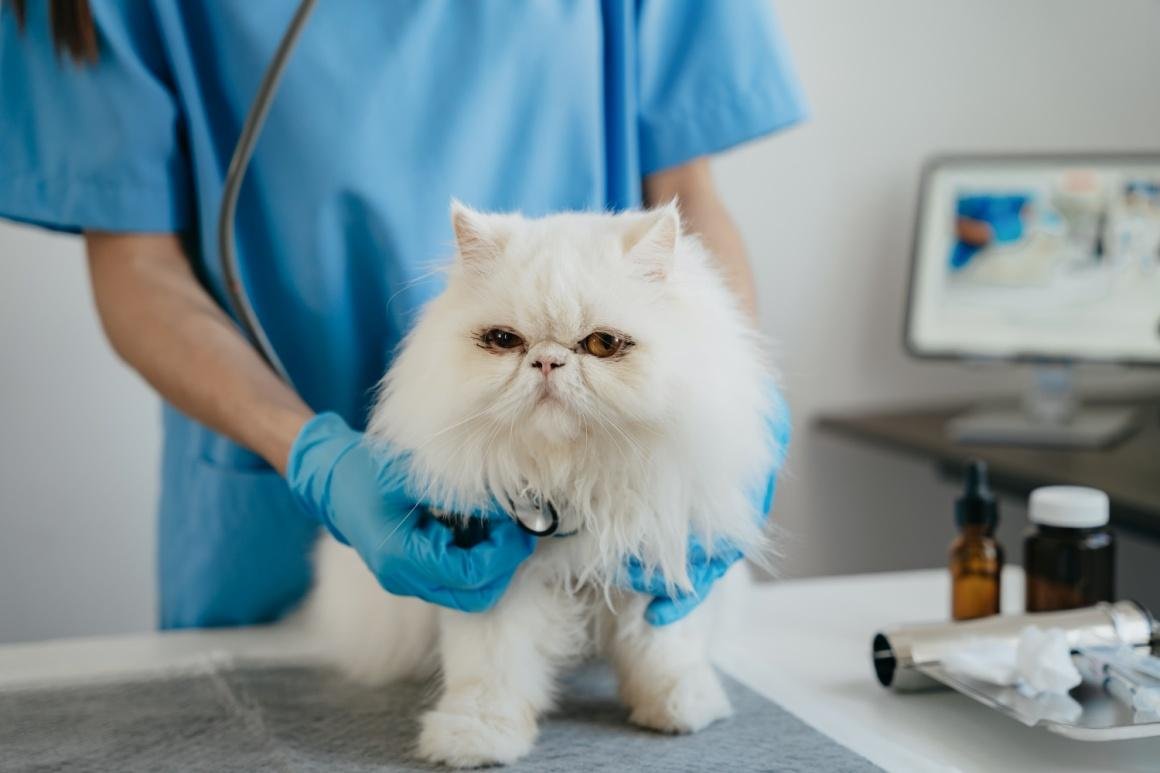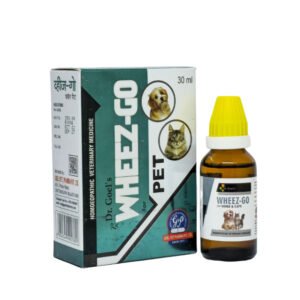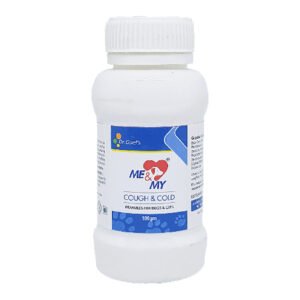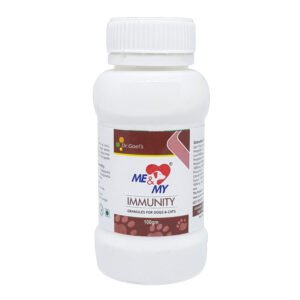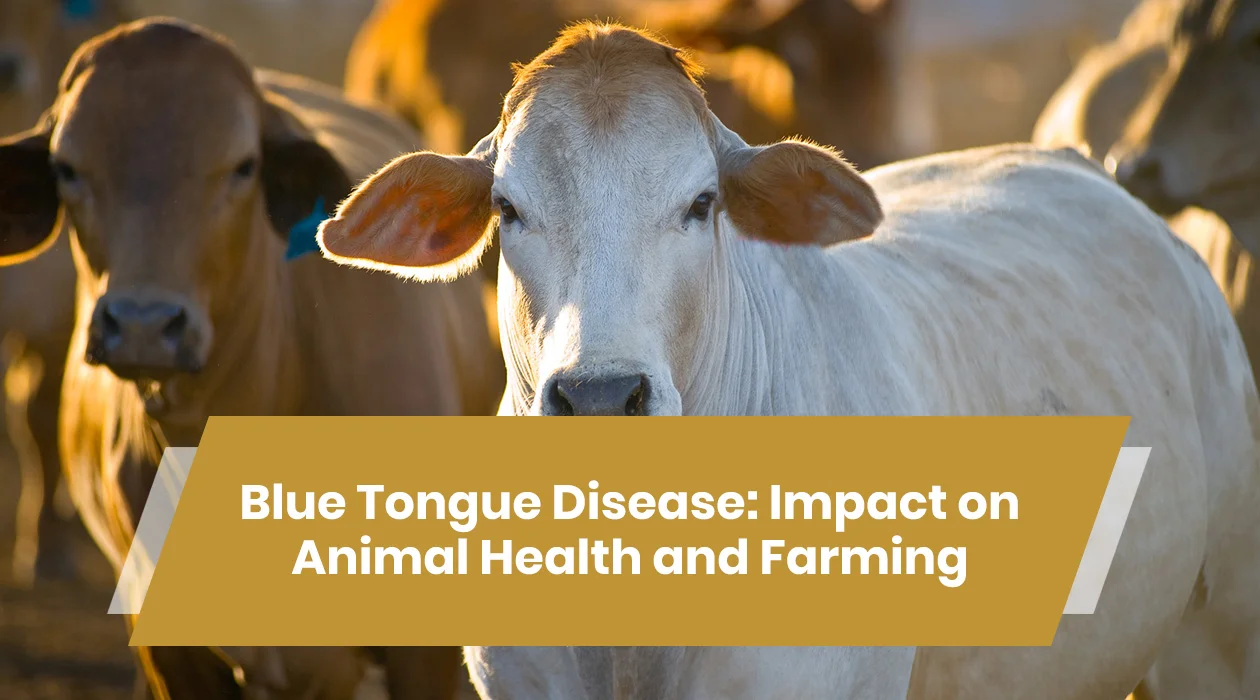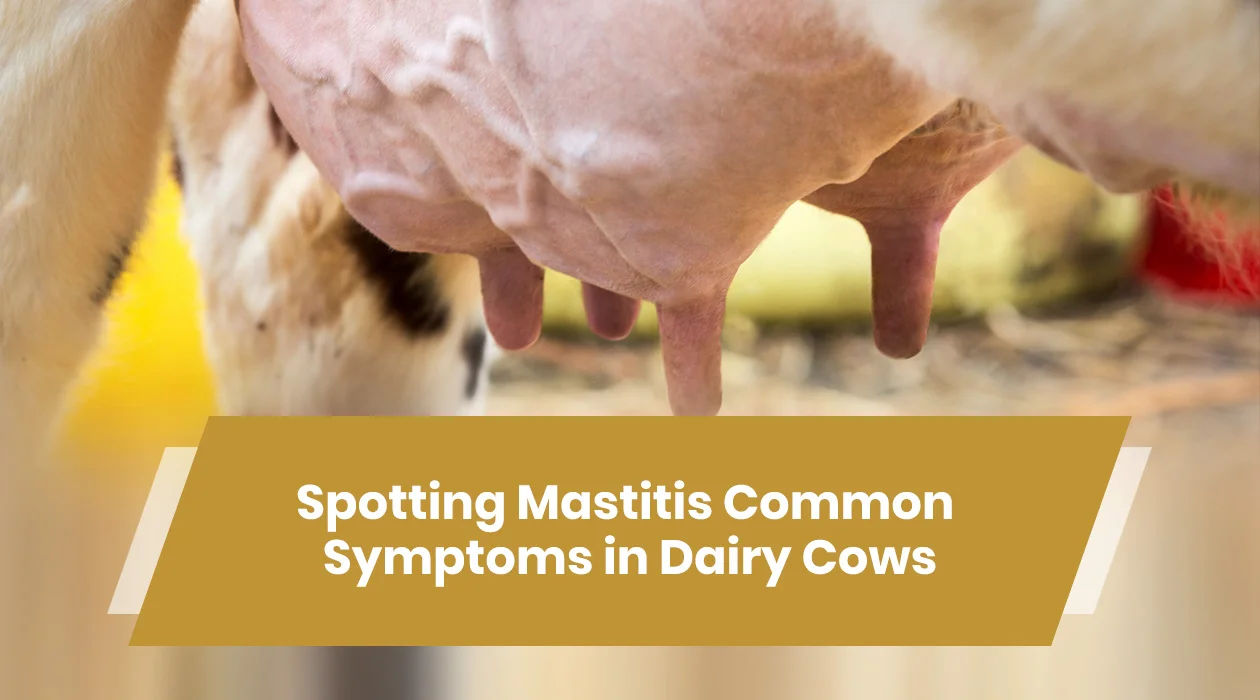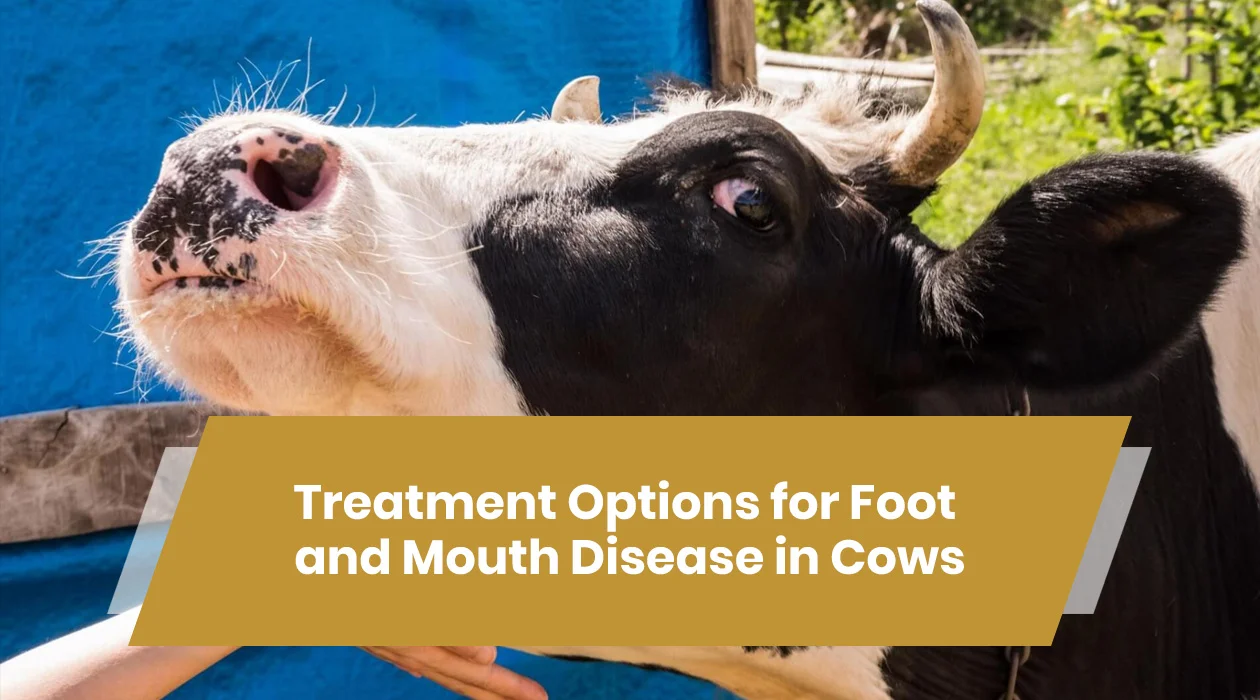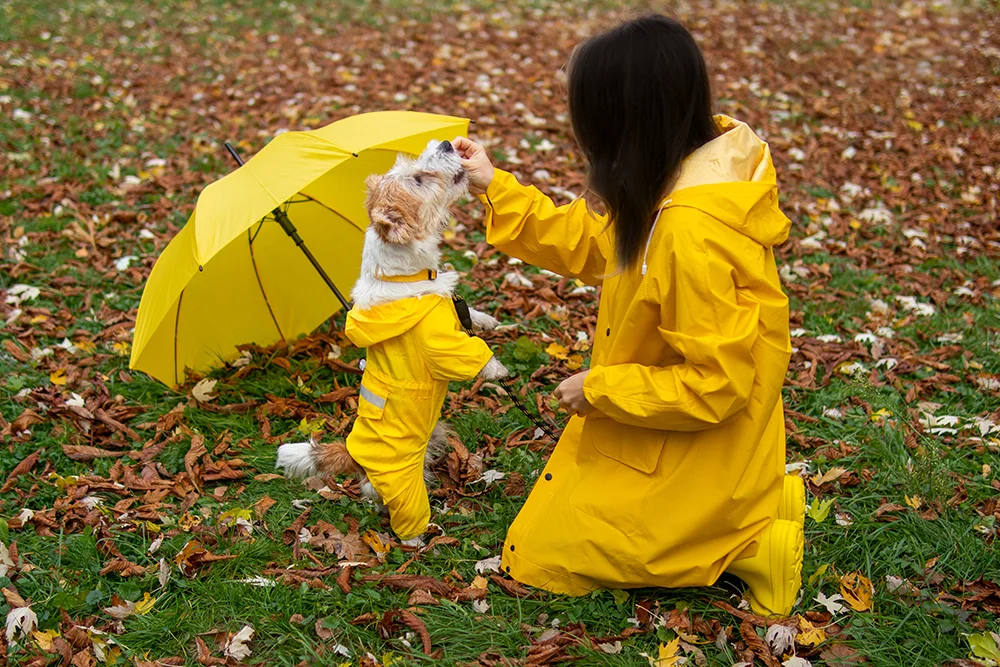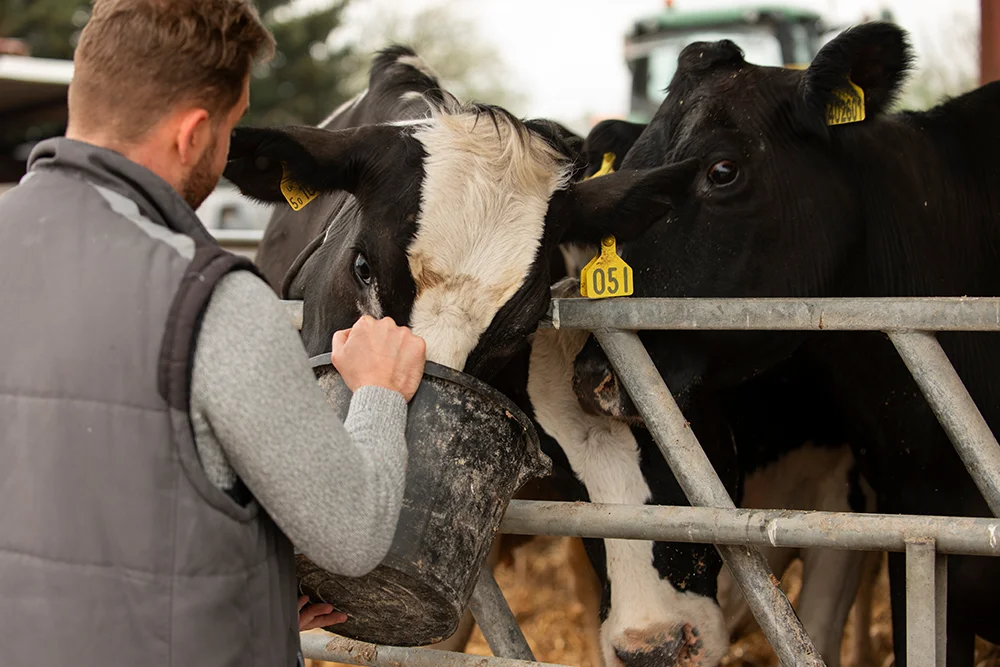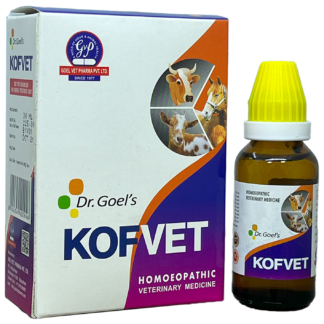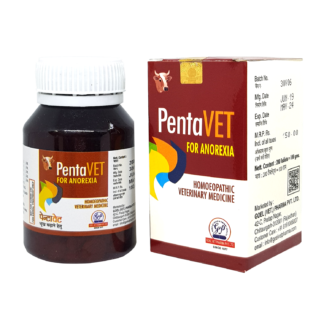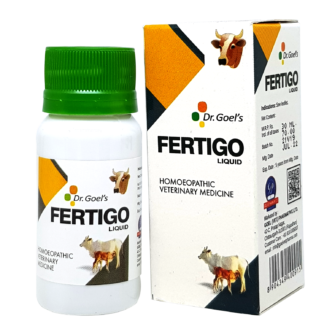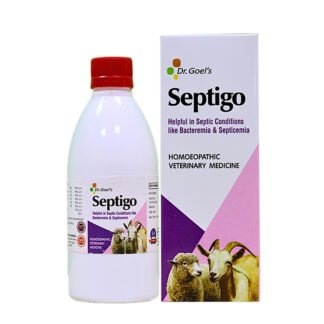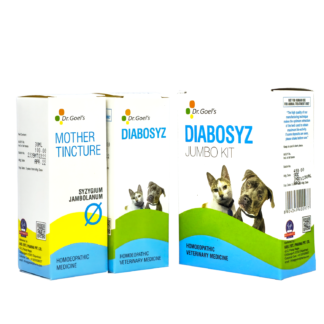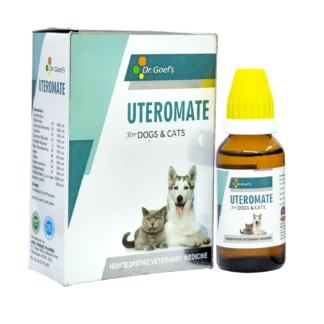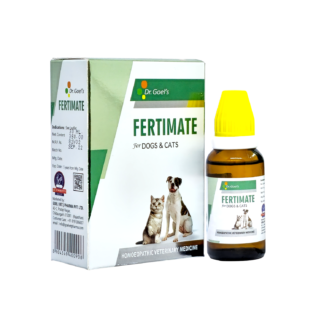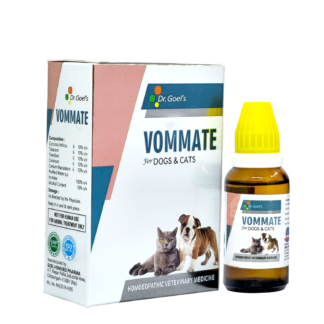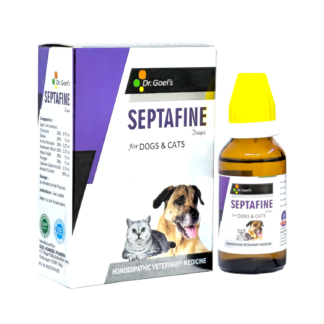The treatment protocol is easier when the root cause has been established early on. This can only be possible if you, as a pet parent, approach your pet’s veterinarian at the earliest possible time.
Certain diseases, such as respiratory infections, can spread rapidly via aerosols to other pets in the house. For instance, the feline herpes virus can spread rampantly to other kittens if not kept under control. Therefore, here are a few steps that can be considered:
- Isolation of the affected pet.
- Getting the veterinarian’s advice at the earliest.
- Systemic antibiotics, antihistamine tablets, or syrups as prescribed by the vet.
- Nebulizing with bronchodilator drugs.
- Homeopathic remedies, along with the necessary treatment protocol, thereby provide a holistic approach to treating the disease.
The discomfort of the dog and the helplessness of the pet owners can be addressed with WHEEZ-GO for PET, a Homeopathic Veterinary Medicine, to treat Cough & Flu-related symptoms for any reason. WHEEZ-GO for PET, A Unique formula for respiratory problems in pets. It is based on the homeopathic principles, i.e., “Similliasimilibuscuranter” Likes to be treated by likes; hence, one could easily understand that the following symptoms of different medicines, when available in a case, can be cured by these medicines.
Another homeopathic remedy that complements WHEEZ GO is – Me & My Cough and Cold Pet Supplement, which is very useful for pets that show symptoms of catarrhal cough, cold, headache, sneezing with a running nose, inflammation of the mucous membrane, and bronchitis with or without a rattling sound.
Respiratory infections and problems should be assessed at the earliest since this system is involved with providing life giving oxygen to cells which in turn helps provide energy to the body and is involved in expelling the waste products, ie. Carbon dioxide is out of the body. To help heal is our duty. Consult your nearest Veterinarian today if your pet displays any such signs of respiratory distress and infection.
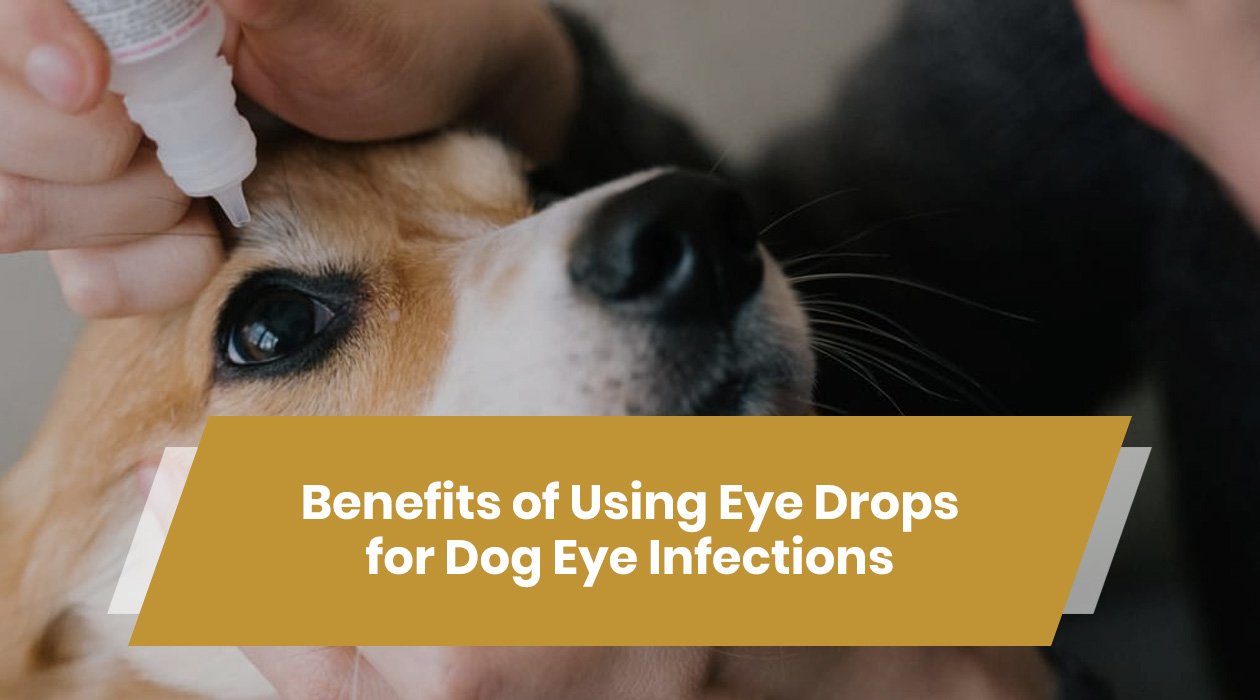
 Australian Shepherd
Australian Shepherd Beagle
Beagle Belgium Shepherd
Belgium Shepherd Bernese Mountain Dog
Bernese Mountain Dog Border Collie
Border Collie Boxer
Boxer Bulldog
Bulldog Cavalier King Charles Spaniel
Cavalier King Charles Spaniel Chihuahua
Chihuahua Cocker Spaniel
Cocker Spaniel Dachshund
Dachshund Doberman Pinscher
Doberman Pinscher Dogo Argentino
Dogo Argentino French Bulldog
French Bulldog German Shepherd
German Shepherd Golden Retriever
Golden Retriever Great Dane
Great Dane Himalayan Shepherd
Himalayan Shepherd Indie Dogs
Indie Dogs Labrador Retriever
Labrador Retriever Pakistani Bully
Pakistani Bully Pembroke Welsh Corgi
Pembroke Welsh Corgi Pitbull
Pitbull Pomeranian
Pomeranian Poodle
Poodle Pug
Pug Rottweiler
Rottweiler Shih Tzu
Shih Tzu Siberian Husky
Siberian Husky Yorkshire Terrier
Yorkshire Terrier Australian Shepherd
Australian Shepherd Beagle
Beagle Belgium Shepherd
Belgium Shepherd Bernese Mountain Dog
Bernese Mountain Dog Border Collie
Border Collie Boxer
Boxer Bulldog
Bulldog Cavalier King Charles Spaniel
Cavalier King Charles Spaniel Chihuahua
Chihuahua Cocker Spaniel
Cocker Spaniel Dachshund
Dachshund Doberman Pinscher
Doberman Pinscher Dogo Argentino
Dogo Argentino French Bulldog
French Bulldog German Shepherd
German Shepherd Golden Retriever
Golden Retriever Great Dane
Great Dane Himalayan Shepherd
Himalayan Shepherd Indie Dogs
Indie Dogs Labrador Retriever
Labrador Retriever Pakistani Bully
Pakistani Bully Pembroke Welsh Corgi
Pembroke Welsh Corgi Pitbull
Pitbull Pomeranian
Pomeranian Poodle
Poodle Pug
Pug Rottweiler
Rottweiler Shih Tzu
Shih Tzu Siberian Husky
Siberian Husky Yorkshire Terrier
Yorkshire Terrier Abyssinian
Abyssinian American Bobtail
American Bobtail American Shorthair
American Shorthair Balinese Cat
Balinese Cat Bengal Cat
Bengal Cat Birman
Birman Bombay Cat
Bombay Cat British Longhair
British Longhair British Shorthair
British Shorthair Burmese Cat
Burmese Cat Devon Rex
Devon Rex Exotic Shorthair
Exotic Shorthair Himalayan Cat
Himalayan Cat Maine Coon
Maine Coon Oriental Shorthair
Oriental Shorthair Persian Cats
Persian Cats Ragdoll
Ragdoll Scottish Fold
Scottish Fold Siamese Cat
Siamese Cat Siberian Cat
Siberian Cat Sphynx Cat
Sphynx Cat



















